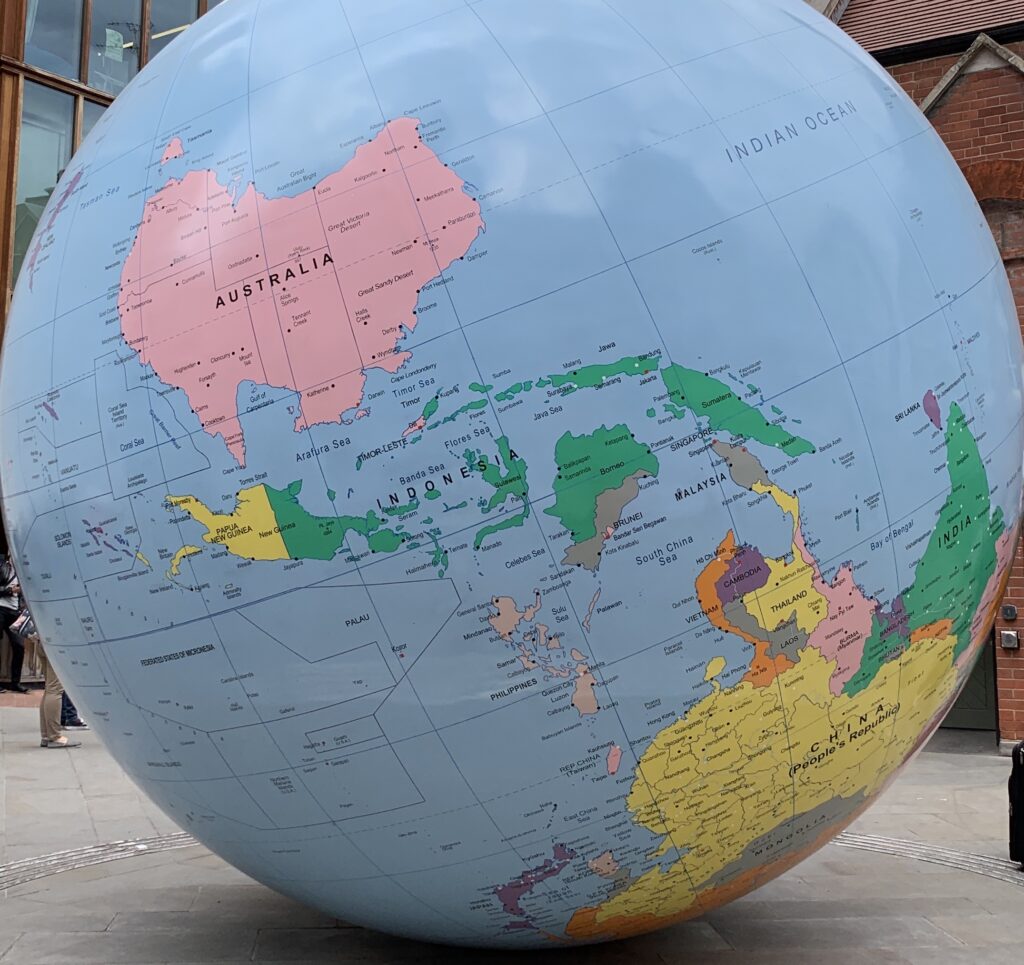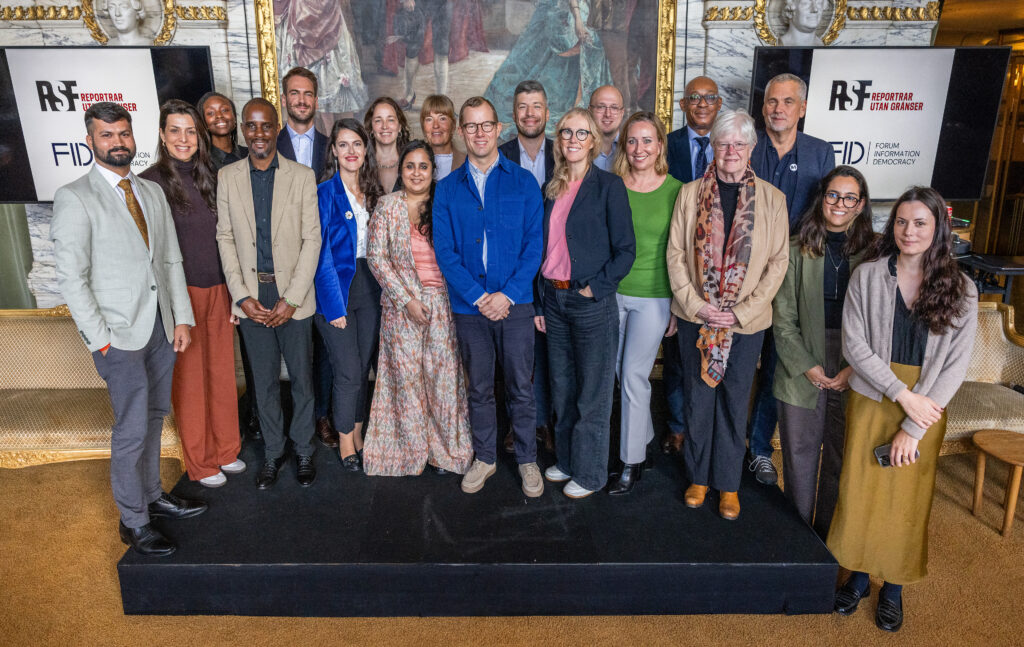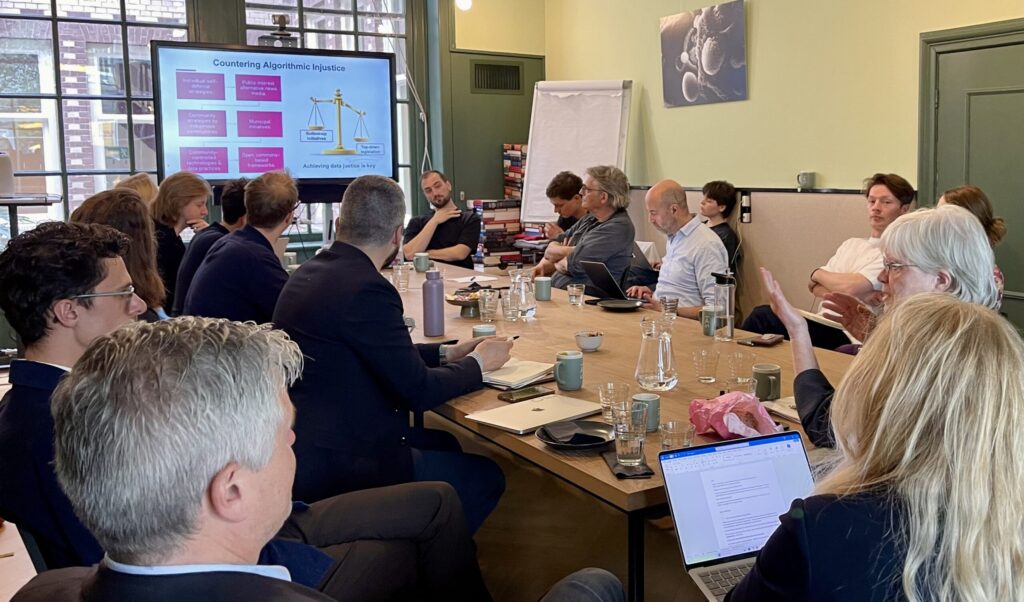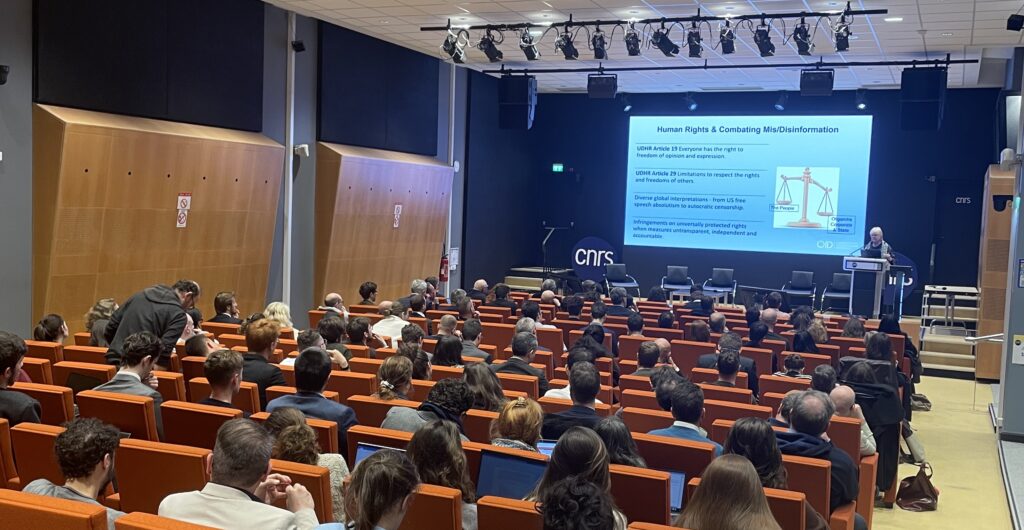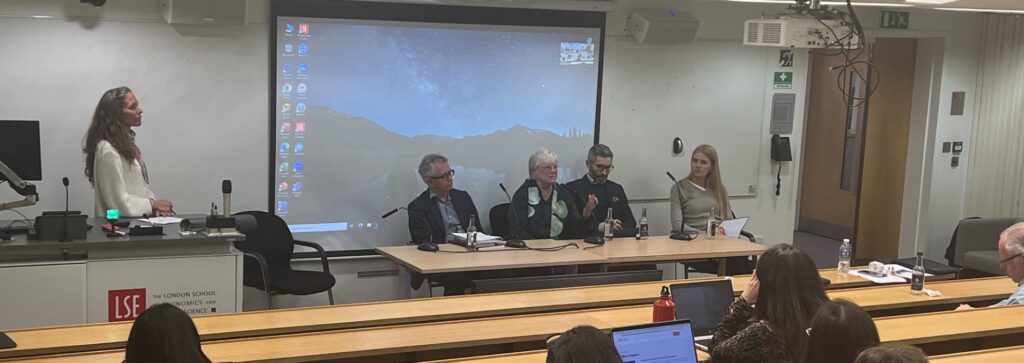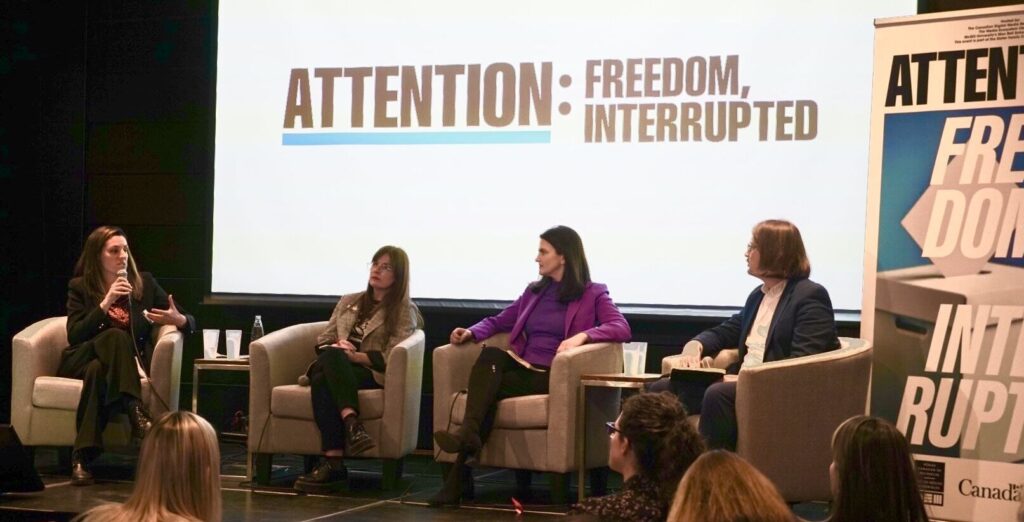London, March 11th 2025
The Observatory on Information and Democracy (OID) first research cycle has strongly emphasised the need for a more inclusive and globally representative approach to combating misinformation and disinformation. Our Scientific Director, Prof. Dr. Robin Mansell, recently wrote an insightful article that draws attention to this critical issue: the “Western bias” in the evidence base surrounding these threats.
As the World Economic Forum points to disinformation as the top-ranked global risk in its 2025 report, Mansell’s article focuses on how this risk is framed and handled disproportionately from a Global North perspective.
Following our report (Information Ecosystems and Troubled Democracy) findings, she critiques how policies to combat online misinformation often neglect the unique social, political, and cultural factors in the Global Majority World – where access to the internet and trust in traditional media differ significantly. Mansell also explores the unintended consequences of imposing Global North-driven solutions, such as AI tools and content moderation policies, on the Global Majority World, often leading to deeper inequalities.
Key points from the article
- The Impact of Misinformation in the Global Majority World: While misinformation is recognized as a pressing issue, it is often analyzed through a lens that does not account for the specific socio-political dynamics of countries outside the Global North.
- The Need to Decolonize Research: Mansell argues that policymakers and researchers must resist imposing Western-centric approaches and instead focus on locally tailored solutions that address the realities of information ecosystems in diverse regions.
- The Role of Civil Society: Across the Global Majority World, citizens and civil society organizations are leading efforts to combat harmful disinformation by creating alternative digital platforms and advocating for fairer, more transparent governance of online spaces.
In her article, Mansell calls for an urgent rethinking of the global research landscape and policy frameworks surrounding misinformation. It’s time for more inclusive, locally relevant research that reflects the complexities of information dynamics worldwide.
You can read the full article on the LSE Blog: https://blogs.lse.ac.uk/inequalities/2025/03/11/the-western-bias-of-misinformation-and-disinformation-research/
At OID, we continue to urge researchers, policymakers, and civil society organizations to engage in a broader, more equitable conversation about how to fight misinformation and disinformation in ways that respect local contexts and promote genuine democratic values.
Read our report: https://observatory.informationdemocracy.org/wp-content/uploads/2024/12/rapport_forum_information_democracy_2025.pdf
